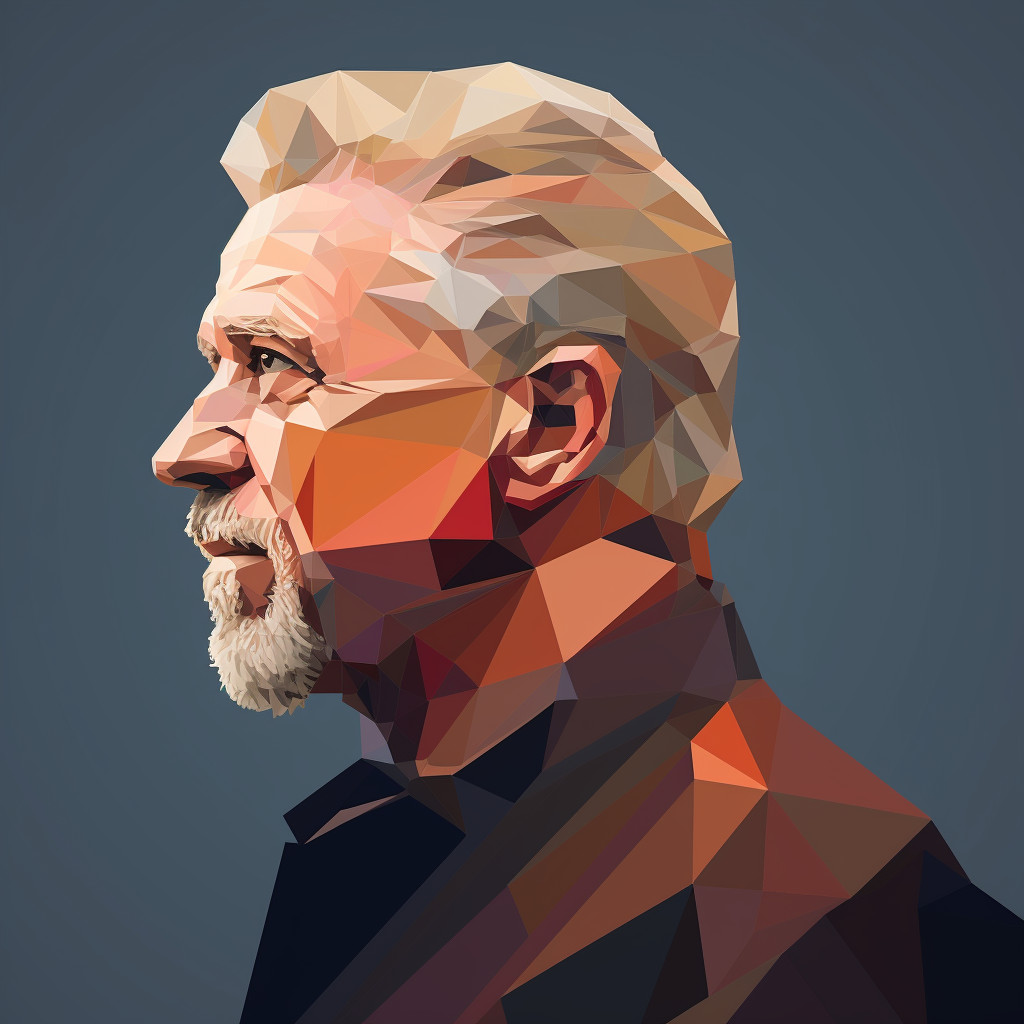This quote essentially emphasizes the importance of integrity, self-reliance, and strong moral judgment in a person of responsibility. It suggests that those who hold responsibility, be it personal or professional, should be able to trust their own judgment and decision-making capabilities to choose what is right, even if it is not the easiest or most convenient option.
The ‘right thing’ here refers to actions or decisions that are morally correct, ethically sound, and beneficial in the long run, even if they are difficult or challenging. The ‘easy thing’, on the other hand, represents choices that might be simpler, more convenient, or less challenging, but could compromise one’s integrity, ethical standards, or long-term benefits.
The quote further implies that the true test of responsibility lies not in doing what is easy or comfortable, but in making tough decisions that are right and just. It signifies that a responsible person should have the courage to face challenges, the strength to uphold their values, and the wisdom to make the right choices, regardless of the difficulties they may entail.
In today’s world, this quote can be applied in various contexts, from leadership and management to personal development and ethical decision-making. For instance, in a leadership role, a person may often need to make difficult decisions that are in the best interest of their team or organization, even if they are not the most popular or convenient choices. Similarly, in personal development, one may need to make tough choices like breaking bad habits or stepping out of their comfort zone to achieve growth and improvement.
Moreover, in the context of ethical decision-making, the quote underscores the importance of standing up for what is right, even when it is difficult or unpopular. For instance, in situations involving corruption, discrimination, or injustice, a responsible person should have the courage and integrity to oppose such practices and advocate for fairness and justice, even if it means facing resistance or backlash.
In conclusion, the quote highlights the essence of responsibility as the ability to trust oneself to do what is right, not what is easy, reflecting the values of integrity, courage, and moral judgment. It serves as a reminder that the true measure of our responsibility lies not in our ease and convenience, but in our ability to make the right choices, even when they are hard.










